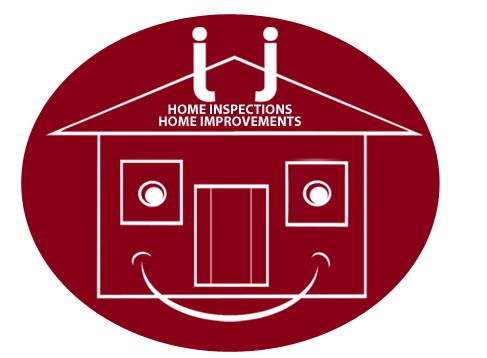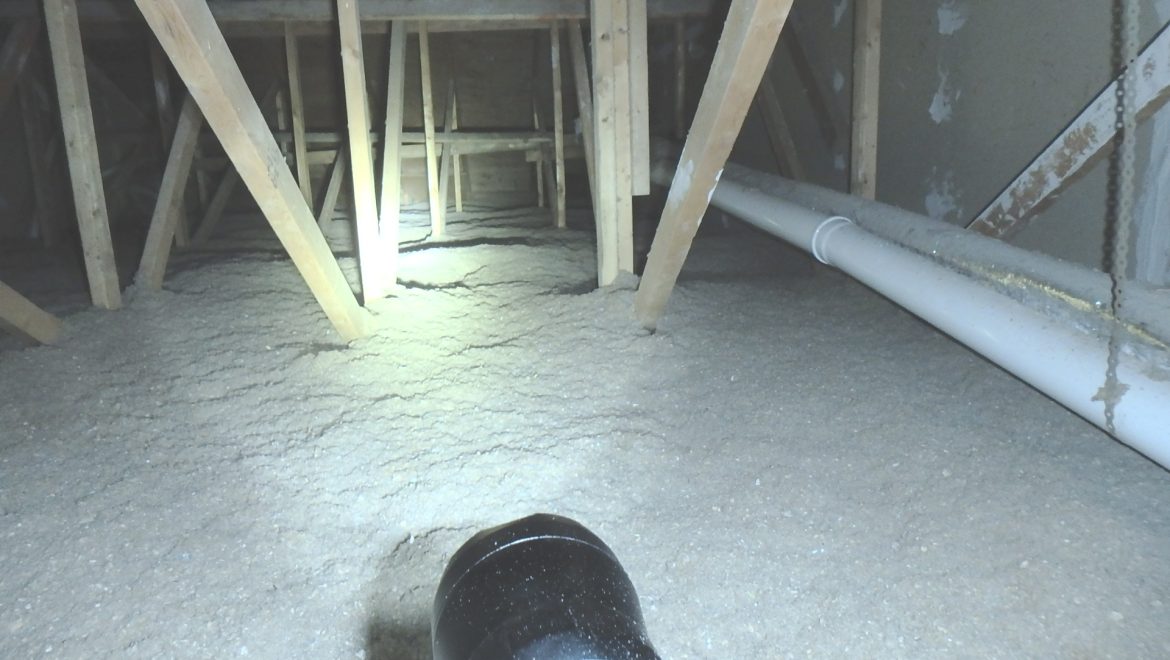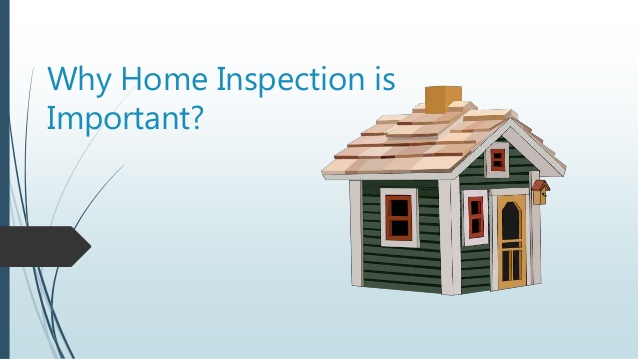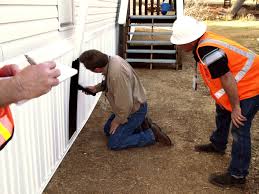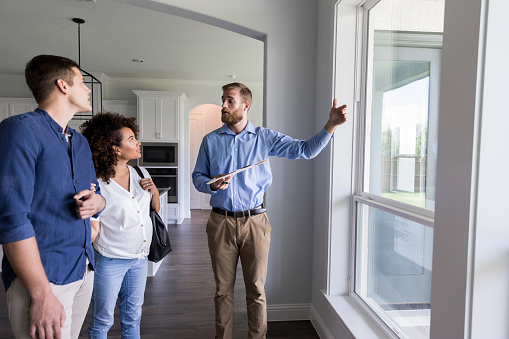What Happens if Issues Are Found During Home Inspection?
A professional home inspection is a crucial step in the home-buying process, providing buyers with valuable insights into the condition of the property they are considering. While the hope is for a clean bill of health, it’s not uncommon for issues to be uncovered during the inspection. In this blog, we’ll explore what happens if issues are found during a professional home inspection.
Understanding the Inspection Process
Thorough Evaluation: A professional home inspection involves a thorough evaluation of the property’s structural integrity, systems, and components. To find any possible problems or flaws, a trained inspector will check the HVAC system, plumbing, electrical, foundation, roof, and other important components of the house.
Negotiation Tool: During the home-buying process, the inspection report may be used as a negotiating tool if problems are discovered during the inspection. Depending on the seriousness of the problems found, buyers may utilize the results to bargain with the seller for credits, repairs, or price reductions.
Addressing Issues Discovered During Inspection
- Prioritize Safety and Structural Concerns: Safety and structural issues should be addressed as a top priority. These could involve problems like damaged roofs, leaky plumbing, cracked foundations, or defective electrical wiring. To decide how best to handle these important issues, buyers should speak with their real estate agent and/or a licensed contractor.
- Request Repairs or Credits: For less severe issues, buyers may choose to request repairs or credits from the seller as part of the purchase agreement. This could involve the seller fixing the issues identified in the inspection report before closing or providing a monetary credit to cover the cost of repairs after closing.
- Renegotiate Terms: If the inspection uncovers significant issues that were not disclosed by the seller or were not previously known to the buyer, buyers may choose to renegotiate the terms of the purchase agreement. This could involve negotiating a lower purchase price or requesting additional concessions to account for the cost of repairs or addressing the issues.
Seller’s Response and Resolution
- Seller’s Response: Upon receiving the inspection report, the seller has the opportunity to respond to the findings. The seller may agree to make repairs, provide credits, or negotiate other terms to address the issues identified in the inspection report. Alternatively, the seller may choose to decline the buyer’s requests, leading to further negotiation or potentially, the termination of the purchase agreement.
- Resolution Process: Once the buyer and seller have reached an agreement on how to address the inspection findings, the resolution process begins. This may involve coordinating repairs, scheduling additional inspections or evaluations, or adjusting the terms of the purchase agreement to reflect the agreed-upon changes.
- Closing the Deal: Once all issues identified during the inspection have been addressed to the satisfaction of both parties, the sale can proceed to closing. At closing, the buyer will complete the purchase of the property, and ownership will transfer from the seller to the buyer. With any agreed-upon repairs or credits in place, the buyer can move forward with confidence, knowing that the property’s issues have been addressed.
Conclusion:
Professional home inspections play a vital role in the home-buying process, providing buyers with valuable information about the condition of the property they are considering. If issues are found during the inspection, buyers and sellers have options for addressing them, including requesting repairs, renegotiating terms, or seeking resolution through negotiation. By understanding the inspection process and how to navigate issues uncovered during the inspection, buyers and sellers can move forward with confidence in their real estate transactions.
